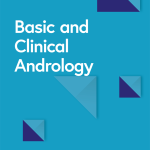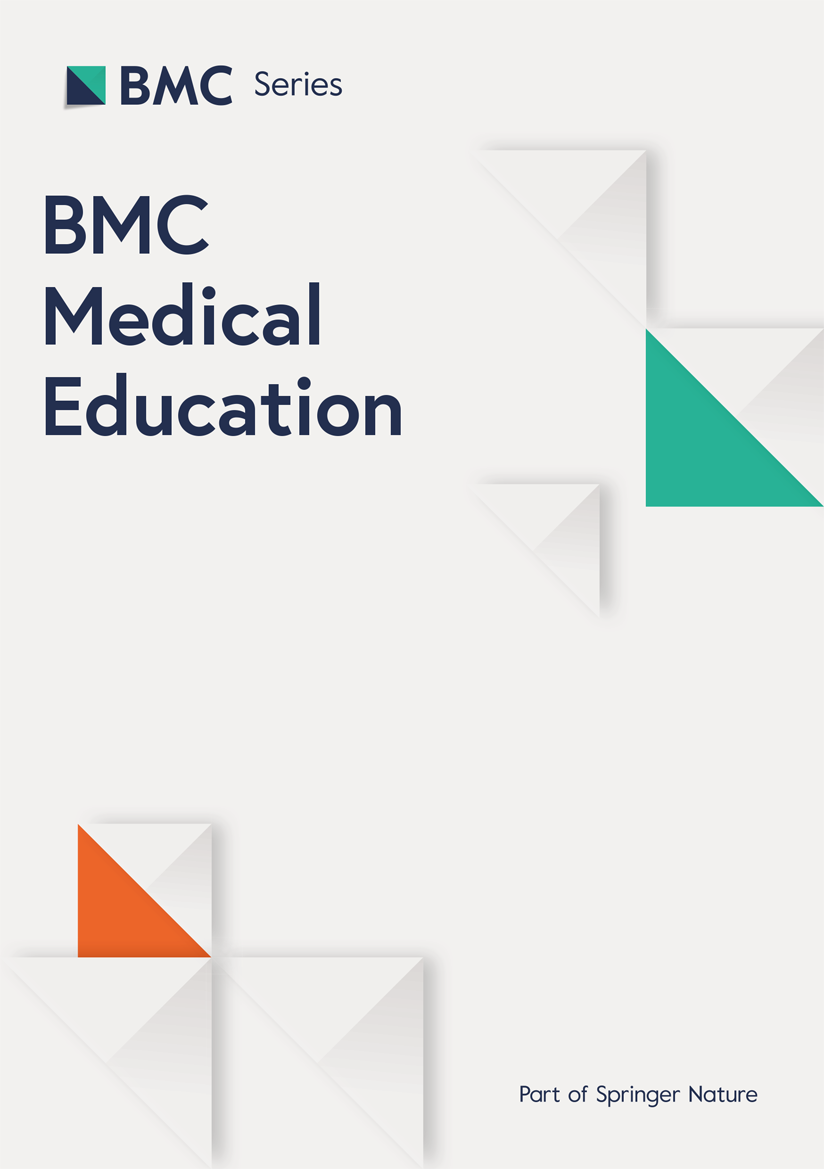People living in rural regions experience a greater burden of health disparities and disadvantages across most health and wellbeing domains [1, 2]. Despite clear inequities existing between rural and urban populations, there have been limited research-based strategies focused on addressing community-level health and medical priorities [3]. To achieve a better understanding of health issues impacting rural communities, innovative research to identify the health issues directly impacting people living in rural areas can result in community-focused strategies to address these challenges.
In Australia, immense inequities in research funding targeting rural health strongly diminish the capacity for rural health research supported by an integrated academic infrastructure [4]. A large portion of the research being conducted in rural communities depends upon busy clinician researchers, who work within the local health and medical workforce [5]. Improving sustainability of rural focused researchers and clinician academics thus requires a focused approach to providing critical skills development and community-centred research opportunities that are integrated within the medical curriculum. Rural and remote research involves high levels of community engagement, rural-based immersion opportunities and positive learning experiences that result in ‘socially accountable’ research activities [5]. A tailored, community-engaged approach also significantly impacts future rural practice intent [6, 7], which is a critical government agenda that aims to sustain a rural workforce that is committed to work in underserved rural communities. For anyone intending to practice in a rural or remote location, the importance of developing research and analytical skills is more significant, given the complex nature of rural environments [6].
Preparing medical students for a rural career in evidence-based medicine requires sufficient research training and experiences to develop both their ability to appraise clinical evidence and their analytical skills required in medical practice [8]. A recent review of Australian medical students confirmed that the inclusion of scholarly activities to support the development of basic research skills and critical evaluation is not universally embedded within medical degree programs [9, 10]. Similarly, a study exploring attitudes and participation in research activities by medical students in Australia found that only 45% of the 704 survey respondents had participated in a research project [11]. To instil scholarly research skills development, the University of Queensland (UQ) in Australia incorporates various units that are aimed to develop research skills as part of their medical training. In year three of the four-year MD program, all domestic students undertake a Rural and Remote Medicine (RRM) placement under the Mayne Academy of Rural and Remote Medicine clinical unit. Alongside clinical teaching and training, a Rural Health Project (RHP) forms part of the RRM placement during which students complete a small research project with an emphasis on identifying and addressing local community priorities.
The RHPs are developed through a local iterative process that balances the needs of the rural communities, the advice of the locally based supervisors, and student skills and interests, using the community-engaged research conceptual framework principles [12]. RHPs are conducted within rural hospitals, general/family practice, or a combination of both, as well as some projects being undertaken within the community but outside of a clinical setting. An example is that of a former mining engineer doing medicine arranged an underground gold mine rescue scenario that was filmed as part of the RHP. The video was used for training purposes, providing an output beneficial to the local community. As a result, students hone their research skills and involve themselves in multidisciplinary practice and participatory research in the context and culture of a rural community.
The RHP is integrated with the flow of phase one pre-clinical programs and fits in with other RRM assessments and practical experiences. They are designed to be carried out within a Quality Improvement framework that aims to develop an understanding of rural health service delivery, while learning to work collaboratively in gaining an understanding of health status and issues of priority for local rural communities in which the students are placed. The RHP pedagogical approach is underpinned by a sociocultural theory [13,14,15]. Students work under interactive guidance and supervision regarding the cognitive and experiential aspects of their activities, with intensive immersion in the tasks being carried out, relying on self-motivation, initiative and problem-solving. During the RHPs, students learn how to critically analyse a clinical topic, engage with community members and clinicians, and collaborate as required. Students are also responsible for planning and conduct of the project and producing practical resources or an end-product that is then presented in a written academic report. The key elements of the RHPs are to harness the opportunity of placement at a rural site by identifying a health service need or locally relevant knowledge gap to be addressed in consultation and engagement with the community.
More than 270 RHPs are conducted every year within UQ as part of the RRM unit spread over 50 smaller rural and remote communities. The overarching goal for each student’s RHP is to develop a long-term, solution-orientated plan of benefit to the local community.
This study aimed to describe the geographic coverage of RHPs, the health topic areas covered and the different types of RHP research activities conducted. It also provides meaningful insight of the health priorities for local rural communities in Queensland, Australia.





Add Comment